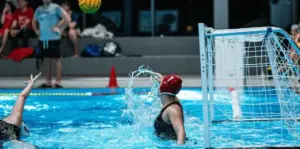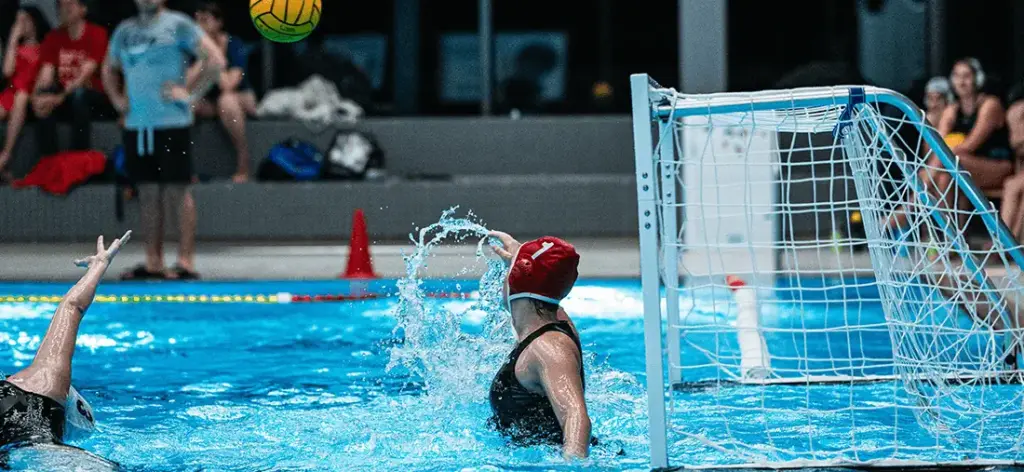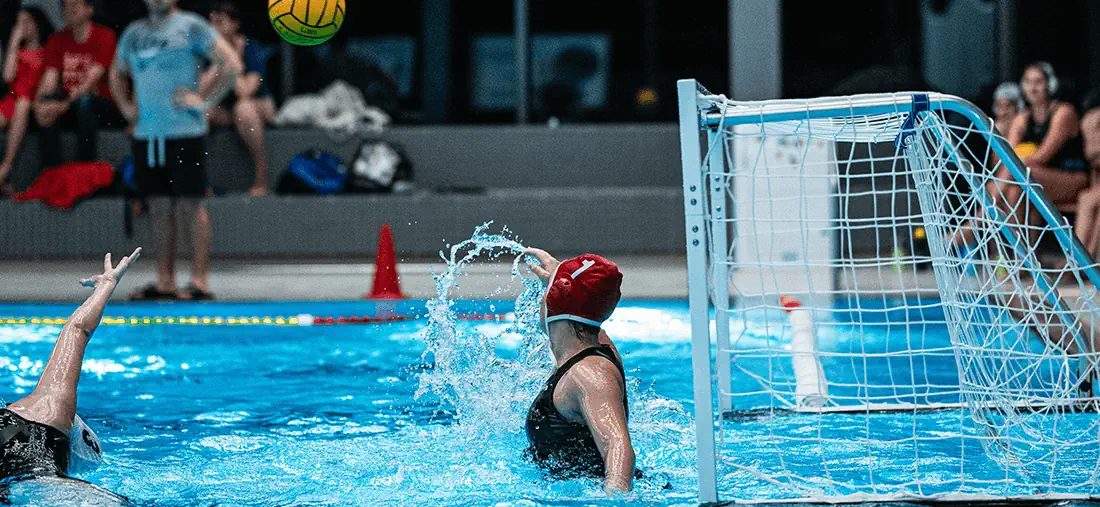Balancing an elite sports career and personal life has historically been one of the major challenges in the industry. In particular, motherhood has been a critical turning point for many female athletes, often penalized by regulatory gaps that created profound legal and professional uncertainty.
In this context, the recent regulatory amendment approved by the Royal Spanish Swimming Federation (RFEN) for water polo is not only significant news but also a significant step forward in protecting the rights of female athletes.
This article analyzes in depth the implications of this new regulation, contextualizing it within the landscape of other sports regulations at the national and international level, and concludes on its impact on building a fairer and more equal legal framework in sports.
Pregnancy and sport – analysis of the new RFEN regulations for the 2025-2026 season
On August 5, 2025, the Delegate Commission of the RFEN published two major amendments that will directly impact the water polo División de Honor (Honor Division) leagues. While both are relevant, the first of them constitutes a milestone in the area of work-life balance and maternity protection.
The ‘zero slot’: a protection mechanism for the athlete and the club
The main innovation is the creation of a mechanism that protects pregnant players. From now on, when a player takes a leave of absence due to pregnancy, her registration slot will not count toward the team’s maximum limit for that season. This implies two direct and concurrent benefits:
- For the athlete: She retains her federative and contractual rights with the club, securing her place on the roster for the season following her return. This eliminates the de facto “penalty” that a maternity leave previously represented.
- For the club: By freeing up that slot, the club is enabled to sign another player in her place, thus maintaining its competitiveness and sporting stability without undermining the protection of its athlete.
This measure, which could be called the “zero slot” or “suspended slot,” is a clear example of a regulation that balances the interests of all parties, recognizing maternity as a circumstance that deserves special protection and not as a cessation of activity.
Expansion of slots for non-EU players: a new competitive landscape
The second relevant amendment is the increase from two to three non-EU (not belonging to the European Union) players who can be included on the official match roster. This decision, while purely competitive in nature, will have legal implications for roster planning, contracting, and the management of work and residency permits, opening up a new scenario in the transfer market.
Maternity protection in sport: a comparative approach
The RFEN’s initiative, while pioneering in Spanish water polo, is part of a global trend aimed at providing greater protection for female athletes. It is useful to compare it with existing regulations in other sports.
FIFA’s precedent: maternity and contractual stability in football
FIFA established a mandatory regulatory framework at a global level. Its regulations for pregnant athletes include a mandatory maternity leave of 14 paid weeks, explicit protection against dismissal due to pregnancy, and the ability to register a player outside the transfer windows to temporarily replace the pregnant athlete.
The RFEN’s model clearly aligns with FIFA’s philosophy, adapting the replacement solution to its system of federative registration slots.
The protected ranking in tennis: the WTA model
In individual sports like tennis, the approach is different. The WTA (Women’s Tennis Association) uses a “protected ranking” system that allows players who take a leave of absence for maternity to freeze their position in the world rankings for a period of up to three years.
This facilitates their re-entry into high-level tournaments upon their return to competition, thus protecting the sporting status they had achieved.
Toward a legal framework of full equality in sport
The new RFEN regulation is a step forward of enormous significance. It demonstrates an institutional maturity and a social sensitivity in line with the reality of 21st-century women’s sports.
By adopting a mechanism that simultaneously protects the rights of the athlete and the competitive stability of the clubs, the federation creates an environment of legal certainty that encourages the continuity of women’s sports careers.
These types of regulations, which follow in the wake of major organizations like FIFA, are indispensable for consolidating a legal framework that not only recognizes but actively protects equal opportunities.
Thus, the rules that regulate pregnancy and professional sports are, ultimately, the tool that allows talent and effort to remain the sole criteria that define success in sport.
Constant updating is key: train with Sports Law Hub
The amendment to the RFEN’s regulations for pregnant athletes is a clear example of the constant evolution of sports law. Staying up-to-date with these changes is not just a competitive advantage, but a necessity for any professional who seeks to offer excellent counsel to clubs, federations, or athletes.
The mission of Sports Law Hub is to offer you the most highly specialized training so that you not only know what is current, but you master the strategies that define the future of the industry.
We invite you to explore our programs and discover how we can help you anticipate changes and lead in the field of sports law.




